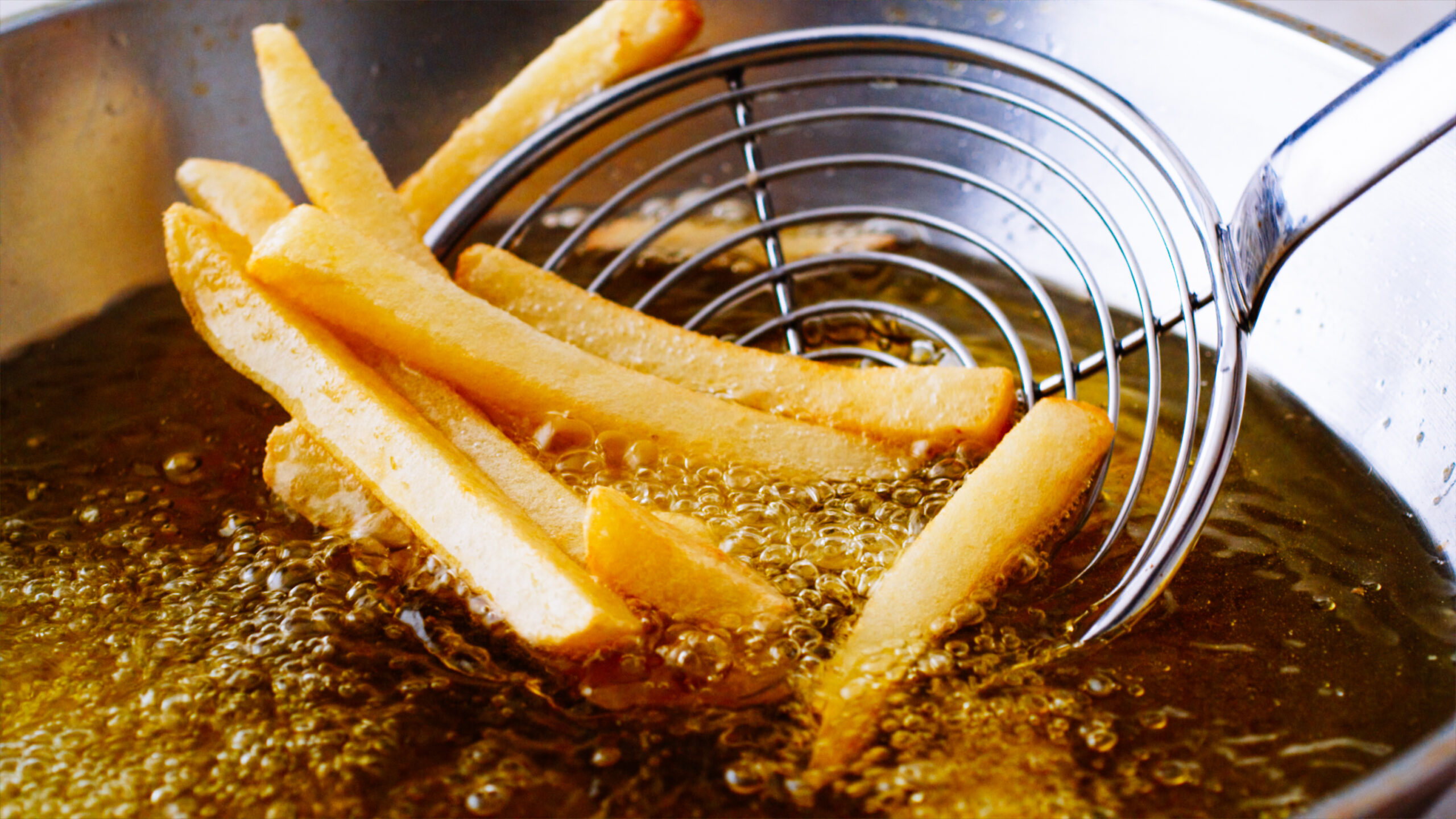Liquid Gold: The Untold Story of Cooking Oil Recycling in the Food Industry

Liquid Gold: The Untold Story of Cooking Oil Recycling in the Food IndustryIn the food industry, a silent revolution is taking place, often unnoticed yet paramount to both environmental sustainability and economic efficiency. This revolution is cooking oil recycling, a process turning what was once waste into a precious resource, aptly termed ‘Liquid Gold’. But what is the real value of this process, and how does it impact the food industry and beyond?The Hidden Value in WasteHave you ever wondered what happens to the gallons of oil used to fry your favorite crispy treats? Traditionally, this oil was discarded, seen as nothing more than waste. However, innovative minds in the food industry saw potential where others saw refuse. Cooking oil recycling is not just an act of turning waste into wealth; it’s a testimony to human ingenuity and respect for our planet’s finite resources.The Golden Process: How Cooking Oil is RecycledBut how does this process work, and why is used cooking oil known as ‘Liquid Gold’? The journey of recycling cooking oil is a story of transformation. It begins in the kitchens of restaurants and ends in various industries, serving purposes that go beyond mere cooking.This process begins with collection. Denali offers its customers custom-built bins store oil. Our team of experts regularly collects oil from these bins using specialized equipment.Once collected, the oil undergoes a purification process to remove food particles, water, and other impurities. This purified oil is then processed through a chemical reaction known as transesterification, where oil is combined with alcohol (usually methanol) and a catalyst, resulting in the production of biodiesel and glycerin.The biodiesel produced is a clean-burning alternative to traditional petroleum diesel, used in vehicles and machinery, while the glycerin by-product finds uses in the pharmaceutical, cosmetic, and food industries. Recycling used cooking oil not only provides an eco-friendly alternative fuel but also helps in reducing environmental pollution by preventing the improper disposal of oil, which can clog sewage lines.The Versatile Applications of Recycled Cooking OilRecycled cooking oil is a marvel of versatility. Biodiesel is one of many uses. Beyond fuel, the glycerin produced as a byproduct during biodiesel production finds its way into various industries, being utilized in the creation of soaps, lubricants, and paints – replacing petroleum-derived products.Additionally, used cooking oil is processed into animal feed additives, providing a high-energy food source for livestock. Its fat content enhances the nutritional profile of feed rations for cattle, poultry, and other livestock. The purification process of used cooking oil recycling ensures that it is safe for animal consumption. Increasing the energy density of animal feed with used cooking oil promotes growth rates, improves the quality of meat, eggs, and milk, and promotes overall animal health.Environmental and Economic Impacts of Cooking Oil RecyclingThe effects of recycling used cooking oil are significant. Hundreds of millions of gallons of used cooking oil are generated in the United States each year.There are indirect benefits, as well. With the production of biodiesel, used cooking oil diversifies energy sources in the U.S by reducing dependence on fossil fuels. Makers of lubricants, paints and soaps also have an alternative to petroleum-based feedstocks.The environmental impact of used cooking oil recycling goes beyond reduction in greenhouse gases through the avoidance of fossil fuels. Biodiesel from used cooking oil burns cleaner than petroleum diesel, reducing the emission of air pollutants, especially soot that can cause asthma. Recycling used cooking also reduces the amount of organics disposed of in landfills, preserving space for materials that are not as easily recycled.The Future of Cooking Oil Recycling in the Food IndustryRestaurants and food manufacturers have recognized the value of used cooking oil. Whereas it was formerly regarded as a waste, and establishments paid for its disposal, used cooking oil is now a valuable commodity. Businesses are now frequently compensated for their used cooking oil outputs.As the U.S. economy pivots away from fossil fuels in some sectors, the demand for used cooking oil-based products is likely to increase. It will remain an important ingredient for biodiesel and a cost-competitive alternative to petroleum in the manufacturing of myriad products.At the same time, the demand for cooking oil itself remains strong. Americans eat billions of pounds of French fries every year and the food remains one of the most popular dishes in the United States. Next time you enjoy fries, know that the oil used to fry them has not gone to waste.
